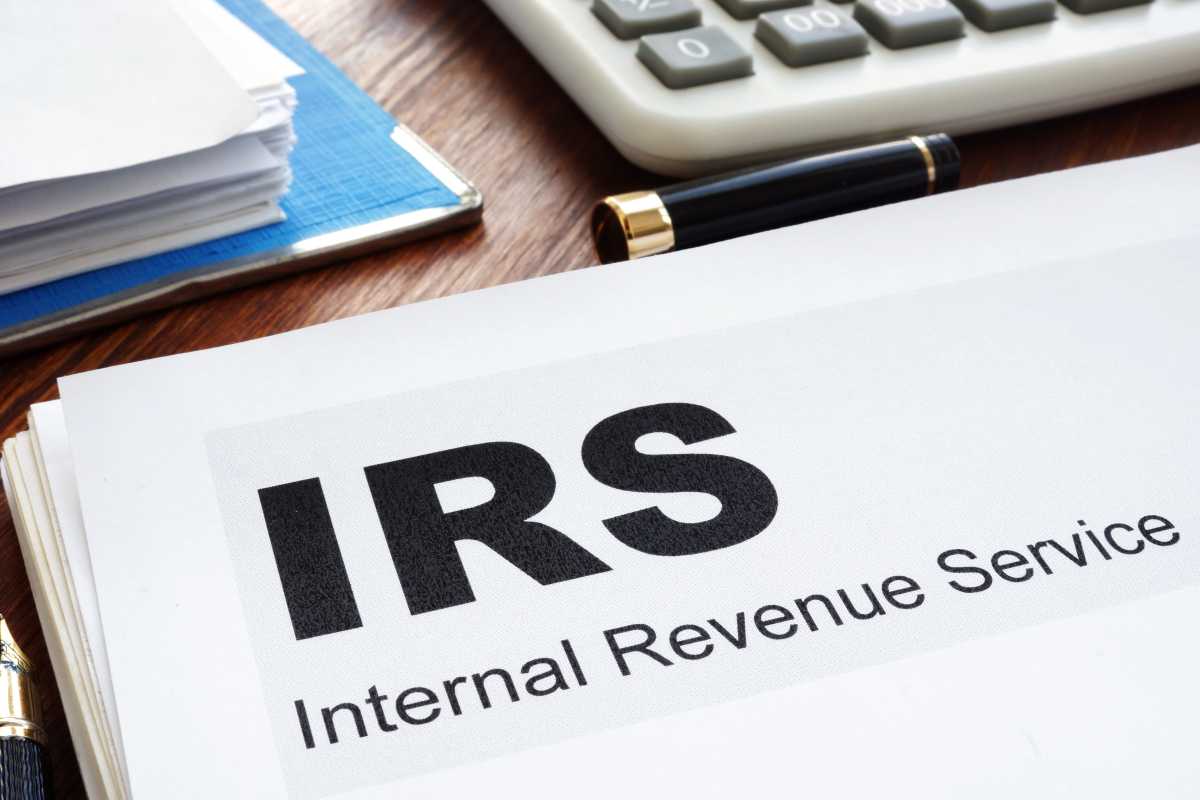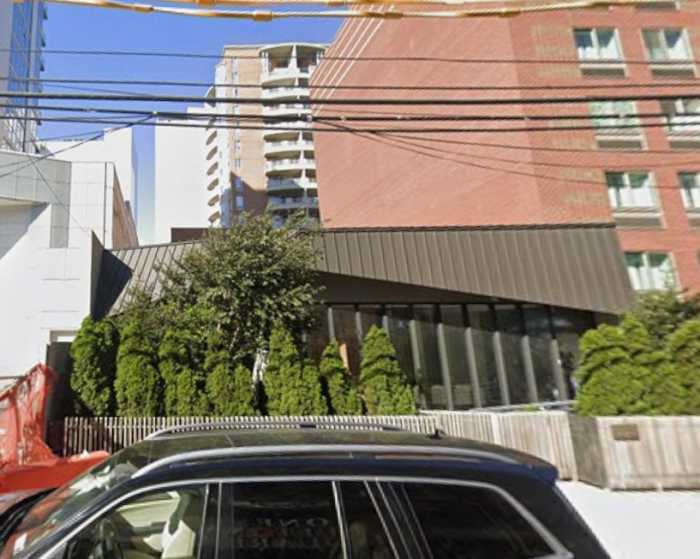Congresswoman Grace Meng announced on Monday that the Internal Revenue Service (IRS) is working to distribute coronavirus relief payments that are being made available under the Coronavirus Aid, Relief and Economic Security (CARES) Act.
The relief package, which was recently passed by Congress and signed into law by President Trump, will provide payments of up to $1,200 per adult and $500 per child to help many taxpayers with the financial burden that they are experiencing due to the coronavirus (COVID-19) pandemic.
“People in Queens and across the nation are hurting, and this financial assistance will provide important short-term relief to families and workers,” Meng said. “I will monitor these timelines to ensure that constituents receive their payments.”
According to the House Ways and Means Committee, the IRS is expected to make approximately 60 million payments to Americans through direct deposit in mid-April (likely the week of April 13). The IRS has direct deposit information for these individuals from their 2018 or 2019 tax returns. This will include Social Security beneficiaries who filed federal tax returns that included direct deposit information.
Shortly (possibly within 10 days) after the first round of payments are made in mid-April, the IRS plans to make a second round of payments. These payments will be made to social security beneficiaries who did not file tax returns in 2018 or 2019 and receive their social security benefits via direct deposit.
Approximately three weeks after the first round of payments are made (the week of May 4), the IRS is expected to begin issuing paper checks to individuals.
On April 3, Meng helped to introduce a new legislation — Leave No Taxpayer Behind Act — that would allow immigrants who use an individual Tax Identification Number (ITIN) to receive these funds as well. Currently, the CARES Act only allows the money to be sent to those who file their taxes with a social security number, leaving millions of immigrants ineligible to receive these critical payments.
“Just like millions of American citizens, working immigrants and mixed-status families are falling on hard times due to the COVID-19 pandemic. They too have bills to pay and loved ones to support. And many immigrants fortunate to still have a job are among the essential employees who are risking their health and safety by working on the frontlines during this outbreak,” Meng said. “We must immediately right this wrong and help our hard-working immigrant communities receive this needed assistance.”




































